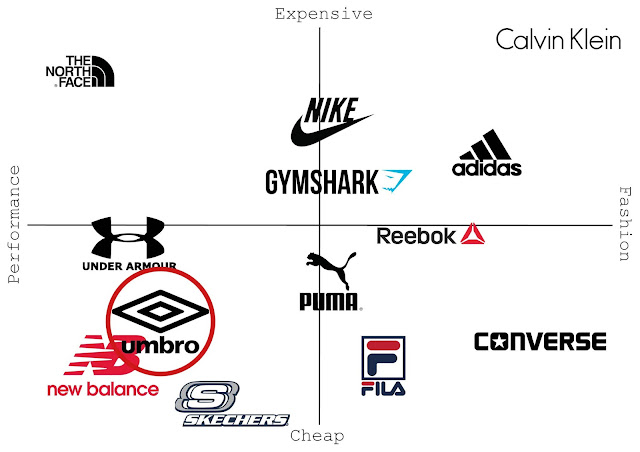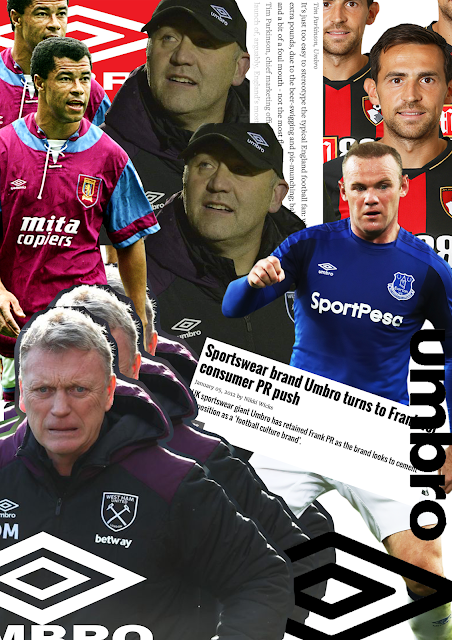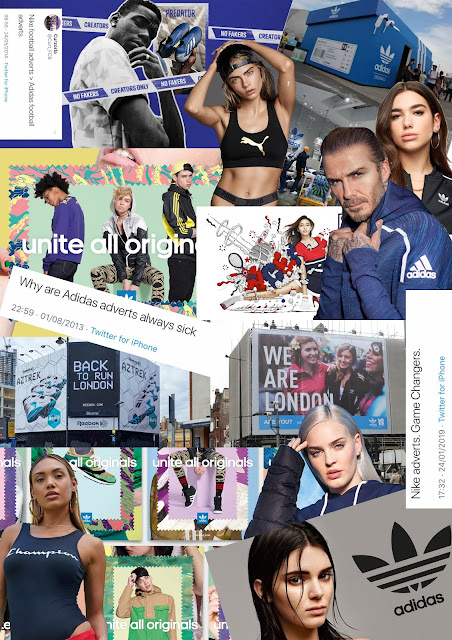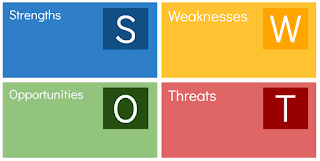Brand Marketing Report Writing
Brand Marketing Report Writing
Any Written piece needs a structure
- Anything you write needs a clear beginning, middle and end
- Critically what you write needs to be clear
- Break into smaller chunks for people to understand
- Always finish your section first incase you get confused and then end up repeating yourself
Example outline of a business report
- Title Page (ALWAYS)
- Name
- Course
- Student number
- Word Count
- Contents Page (Whats in your report)
- Introduction
- Mid section of the report - deals with the key issues under discussion
- Conclusion - tends to be repetitive, conclude what you've found
- Recommendations
- Bibliography / References
- Appendices
Exactly how does this content breakdown?
Title page; example of content
Institution
[Insert title of your piece]
by
[Insert Name]
BA (Hons.) XXXX
The candidate confirms that the work submitted is their own and that appropriate credit has been given where reference has been made to the work of others.
[ Insert date - month and year ]
Word Count
Contents page;
Literally this is a list of all the things to discuss in your report in chronological order
1. Introduction
- An over view of what you intend to discuss
- Keep this conversation concise, as there is only so much word count you have allocated to the overall piece
- Discuss the key points of your report and your intended research
- Give a flavour of what you anticipate your finding/research may extract (you will give a fuller over view of your findings through your conclusion)
2. Headers
- If you look at the contents page, you will see a series of headers have been added; a snap shot of this example is as follows;
- Umbro - this is the main header of the section you intend to discuss; you then go on to break this main header into sub sections; example
- 2.1 Research findings; and so what were you research findings on the brand? Write this information under this sub header
- 2.2 Initial research; What does your initial analysis of your research indicate about the brand, reflecting 2.1
- 2.3 Current brand positioning, (and so on and so forth, all the way through your discussion until you reach your conclusion)
3. Conclusion
- This is a summing up of your research findings/ report intentions; it rounds the whole piece off touching on the critical aspects of your discussion
- This must be to the point and concise
4. Recommendations
- These are your recommendations to industry from research gathered
- To complete this part of the report consider;
- Why does your chosen brand have issues?
- What if anything are they doing to redress this?
- Where is the brand situated, where do you feel does the brand need to be?
- How can the brand intervene through its current situation; What can it do the change its fate?
5. Bibliography
- Add all your long referencing through your bibliography
6. Appendices
- Can be used to relate any information that connects to your essay context, but would not be put in the actual essay itself
Basic Guide to academic writing
- Make sure the font is easily legible
- Use paragraphs and punctation regularly; check grammar and make time to proof read
- Add visuals to your piece which under pin specific written contexts you discuss in the report
- Add quotes to under pin key points you may be making in your text
- Add page numbers through the footer of the document; this will help with understanding referencing in your bibliography for example
- Add references regularly through your piece
- Use long referencing in your bibliography
- Be objective
Plagiarism
- Is a really important issue/problem in academic wiring
- To avoid plagiarism
- Reference your work regularly and list all your references from your text in your bibliography using the APA system
- Don't paraphrase too closely to an original source - if you are taking research from a specific piece, make sure you write this information in your own words
- Don't copy and paste directly from an original source
- Time manage properly
- Remember all your contextual work is put through 'Turnitin' which automatically detects plagiarism
Any Written piece needs a structure
- Anything you write needs a clear beginning, middle and end
- Critically what you write needs to be clear
- Break into smaller chunks for people to understand
- Always finish your section first incase you get confused and then end up repeating yourself
Example outline of a business report
- Title Page (ALWAYS)
- Name
- Course
- Student number
- Word Count
- Contents Page (Whats in your report)
- Introduction
- Mid section of the report - deals with the key issues under discussion
- Conclusion - tends to be repetitive, conclude what you've found
- Recommendations
- Bibliography / References
- Appendices
Exactly how does this content breakdown?
Title page; example of content
Institution
[Insert title of your piece]
by
[Insert Name]
BA (Hons.) XXXX
The candidate confirms that the work submitted is their own and that appropriate credit has been given where reference has been made to the work of others.
[ Insert date - month and year ]
Word Count
Contents page;
Literally this is a list of all the things to discuss in your report in chronological order
1. Introduction
- An over view of what you intend to discuss
- Keep this conversation concise, as there is only so much word count you have allocated to the overall piece
- Discuss the key points of your report and your intended research
- Give a flavour of what you anticipate your finding/research may extract (you will give a fuller over view of your findings through your conclusion)
2. Headers
- If you look at the contents page, you will see a series of headers have been added; a snap shot of this example is as follows;
- Umbro - this is the main header of the section you intend to discuss; you then go on to break this main header into sub sections; example
- 2.1 Research findings; and so what were you research findings on the brand? Write this information under this sub header
- 2.2 Initial research; What does your initial analysis of your research indicate about the brand, reflecting 2.1
- 2.3 Current brand positioning, (and so on and so forth, all the way through your discussion until you reach your conclusion)
3. Conclusion
- This is a summing up of your research findings/ report intentions; it rounds the whole piece off touching on the critical aspects of your discussion
- This must be to the point and concise
4. Recommendations
- These are your recommendations to industry from research gathered
- To complete this part of the report consider;
- Why does your chosen brand have issues?
- What if anything are they doing to redress this?
- Where is the brand situated, where do you feel does the brand need to be?
- How can the brand intervene through its current situation; What can it do the change its fate?
5. Bibliography
- Add all your long referencing through your bibliography
6. Appendices
- Can be used to relate any information that connects to your essay context, but would not be put in the actual essay itself
Basic Guide to academic writing
- Make sure the font is easily legible
- Use paragraphs and punctation regularly; check grammar and make time to proof read
- Add visuals to your piece which under pin specific written contexts you discuss in the report
- Add quotes to under pin key points you may be making in your text
- Add page numbers through the footer of the document; this will help with understanding referencing in your bibliography for example
- Add references regularly through your piece
- Use long referencing in your bibliography
- Be objective
Plagiarism
- Is a really important issue/problem in academic wiring
- To avoid plagiarism
- Reference your work regularly and list all your references from your text in your bibliography using the APA system
- Don't paraphrase too closely to an original source - if you are taking research from a specific piece, make sure you write this information in your own words
- Don't copy and paste directly from an original source
- Time manage properly
- Remember all your contextual work is put through 'Turnitin' which automatically detects plagiarism










Comments
Post a Comment